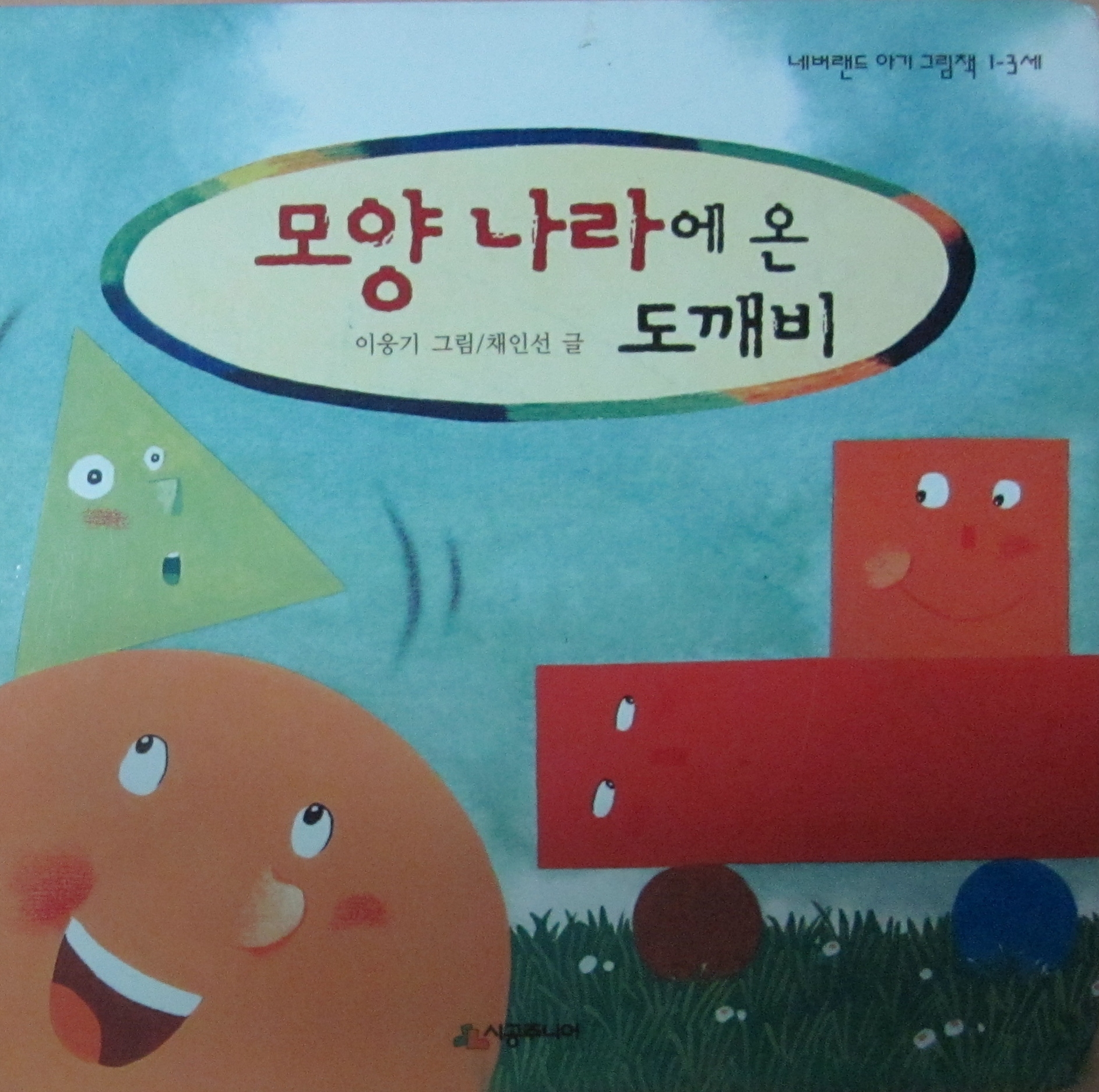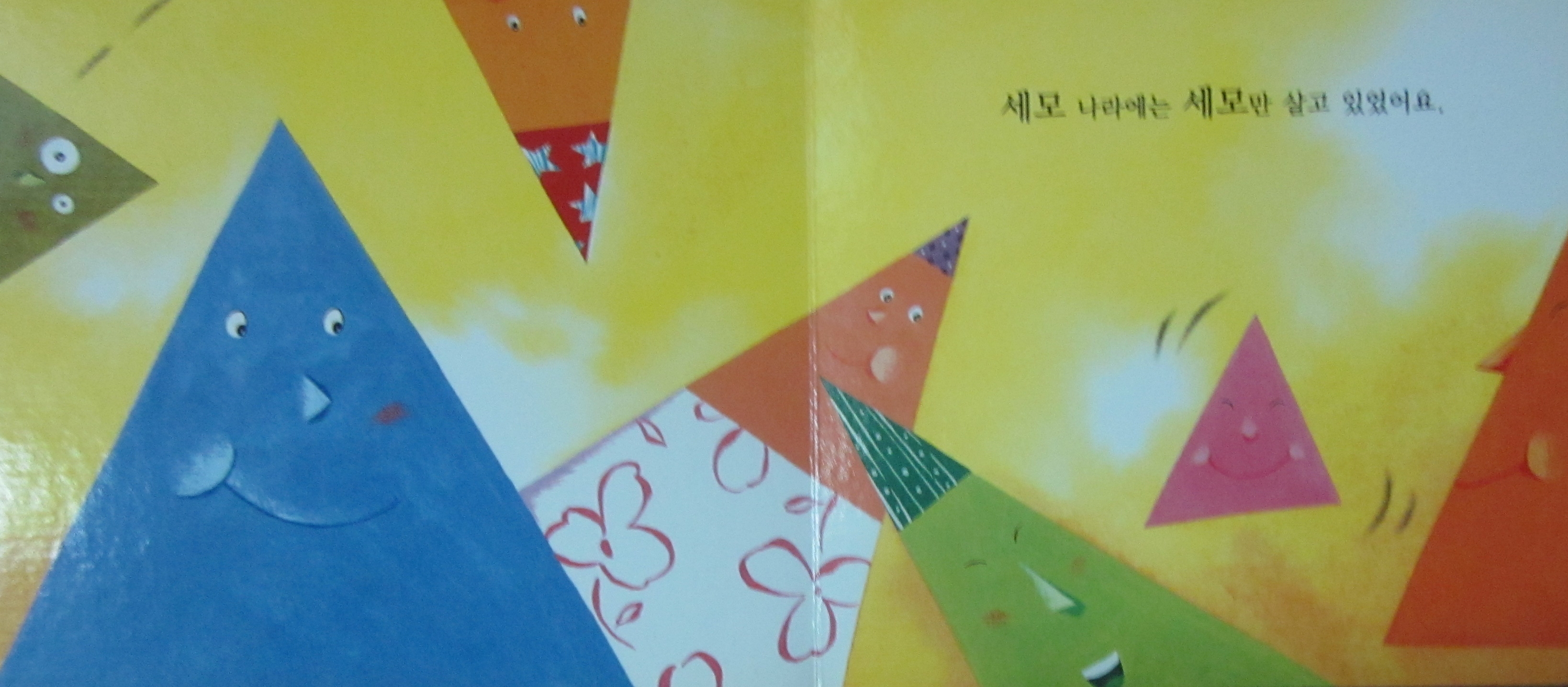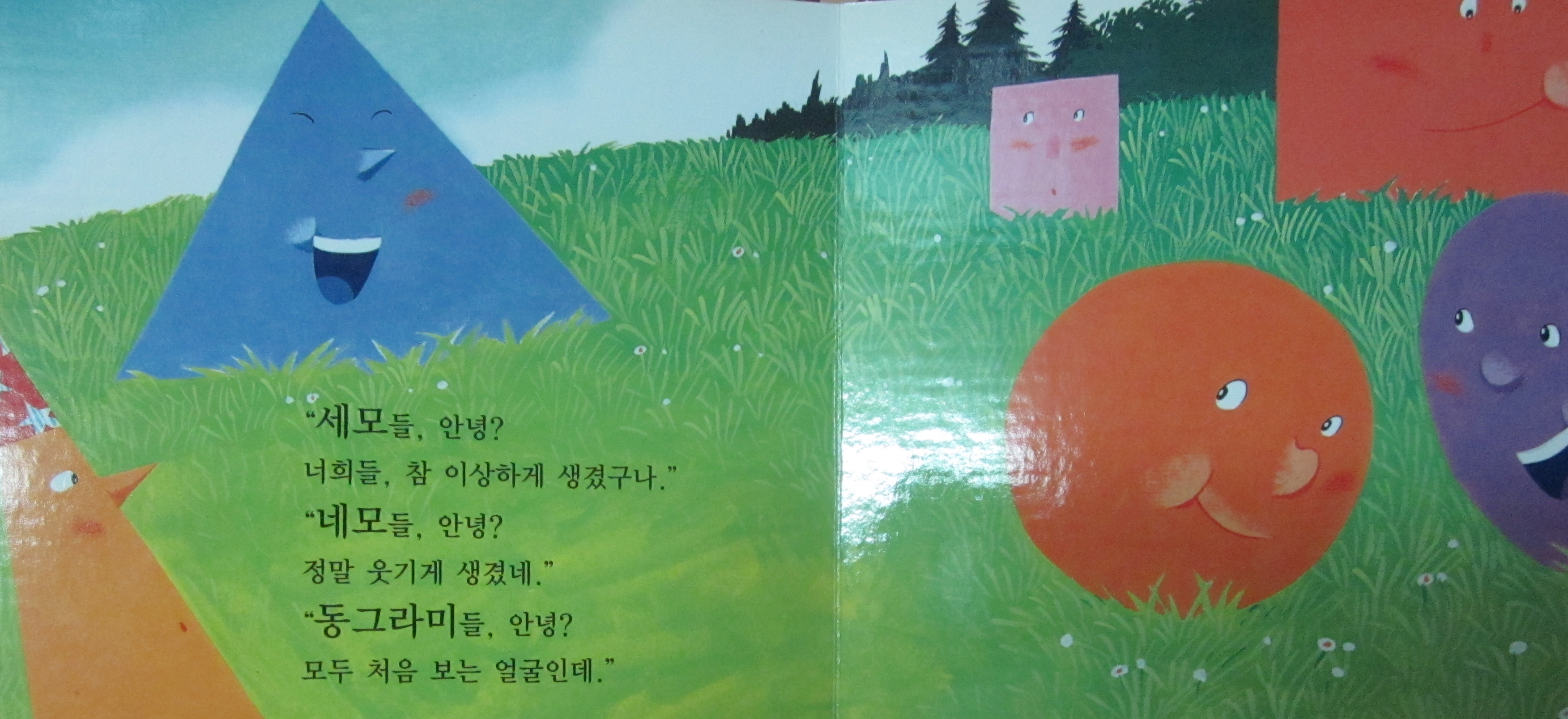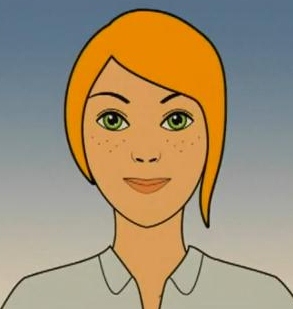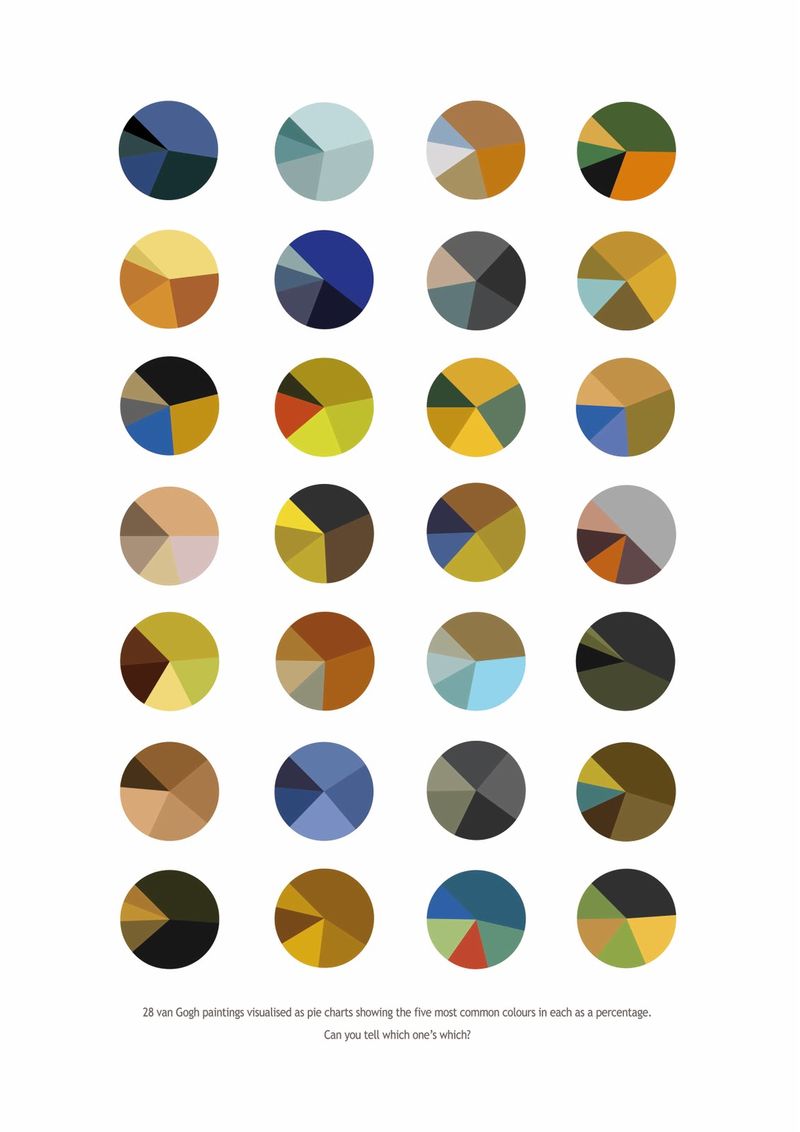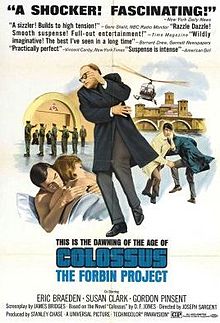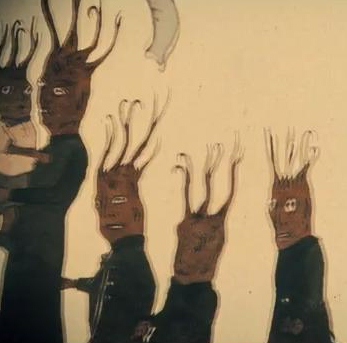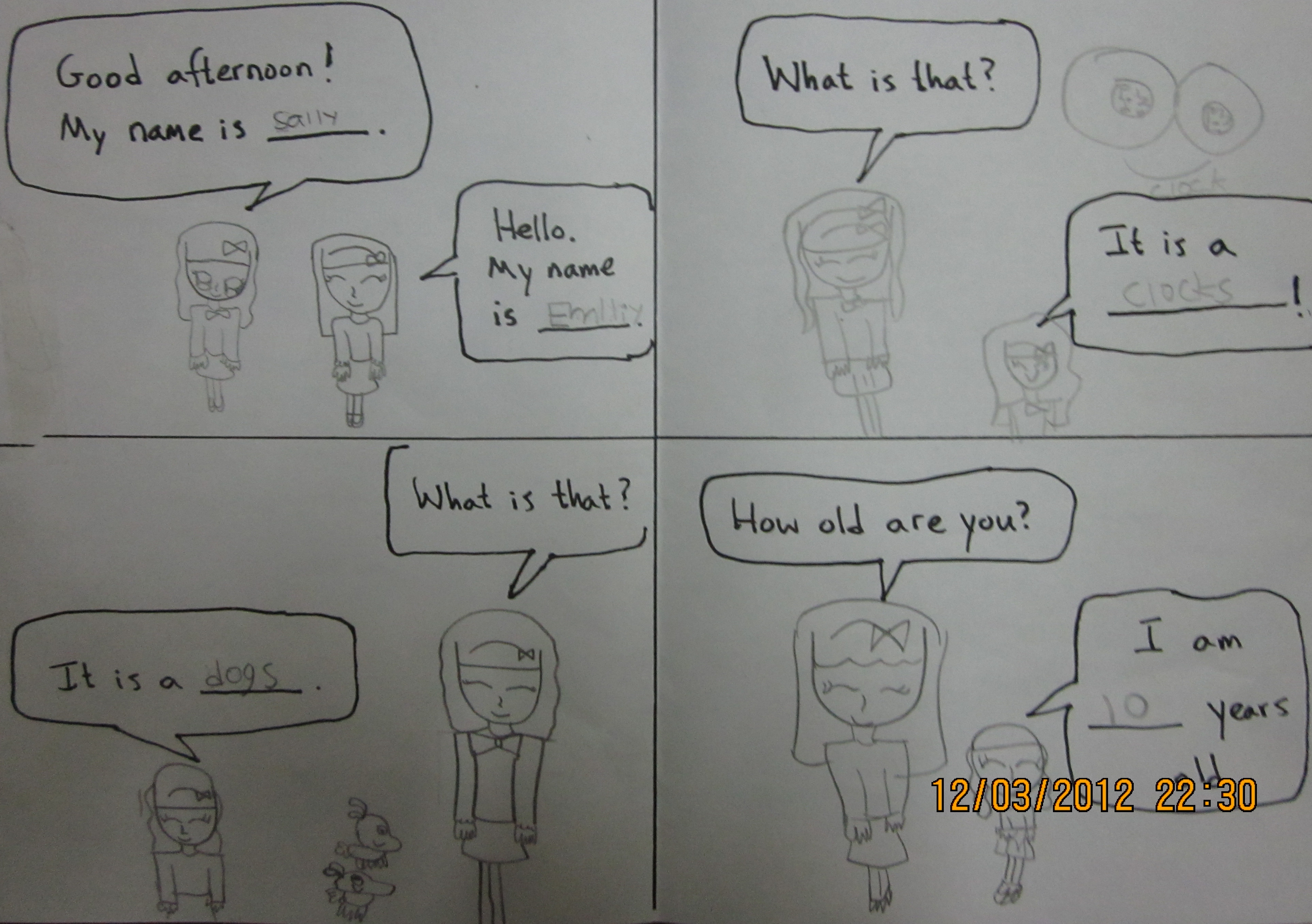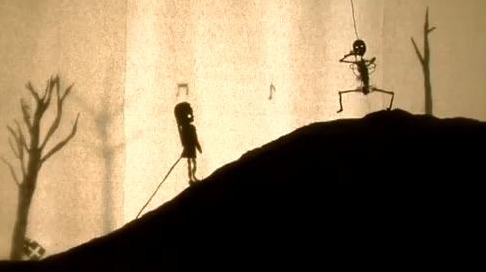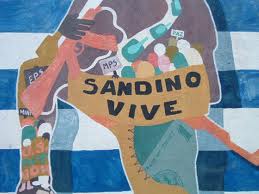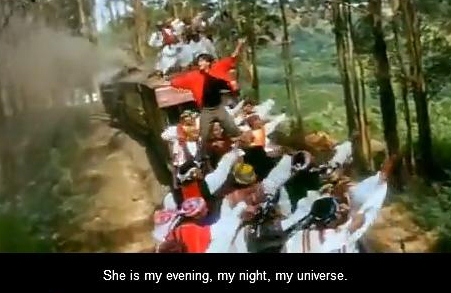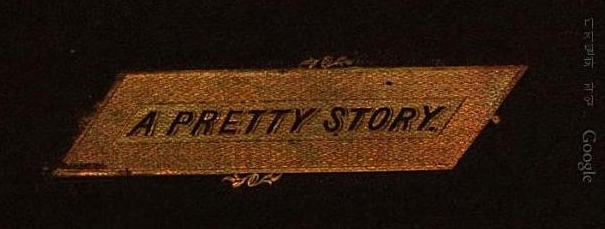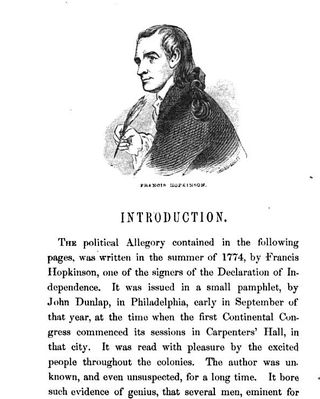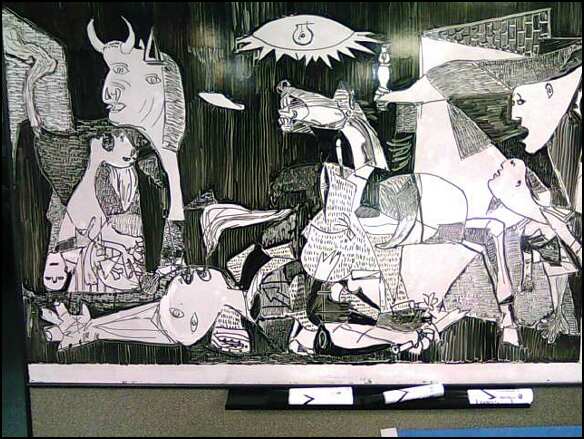I’ve commented before that I don’t read books “normally.” I do read a great deal, but I have a short attention span, I skip around. I’m almost always non-linear in my approach. Many people complain about this – not about that I’m doing it, but that it seems to be a common affliction, these days. People like to blame the internet, and blogs, and e-readers, and things like that. I don’t think I have such an excuse – I was reading books via what I termed my “random access method” long before the internet even existed. I read non-fiction non-linearly even when I was in high school, in the early 1980’s. I would pick up an interesting history book, and I would read a page here, and a page there. At the next sitting, I would do the same thing. If I recognized a page, I would read some other page. The book was considered “done” at the point in time when I recognized all the pages I tried. More or less.
With novels, I still at least try to read linearly. But since I rarely use book-marks or other current-page-recording methods (e.g. the turned-down page corner, which I view as wanton and profoundly anti-book, from the standpoint of books-as-physical-objects), I often end up re-reading pages or even chapters of novels as well, or, on the other hand, missing chapters, too, as I flail about trying to find where I’d left off.
I do read a great deal online, lately. I can count on one hand the books which I’ve “finished” – such as it is, by my odd methods – in the last year or so.
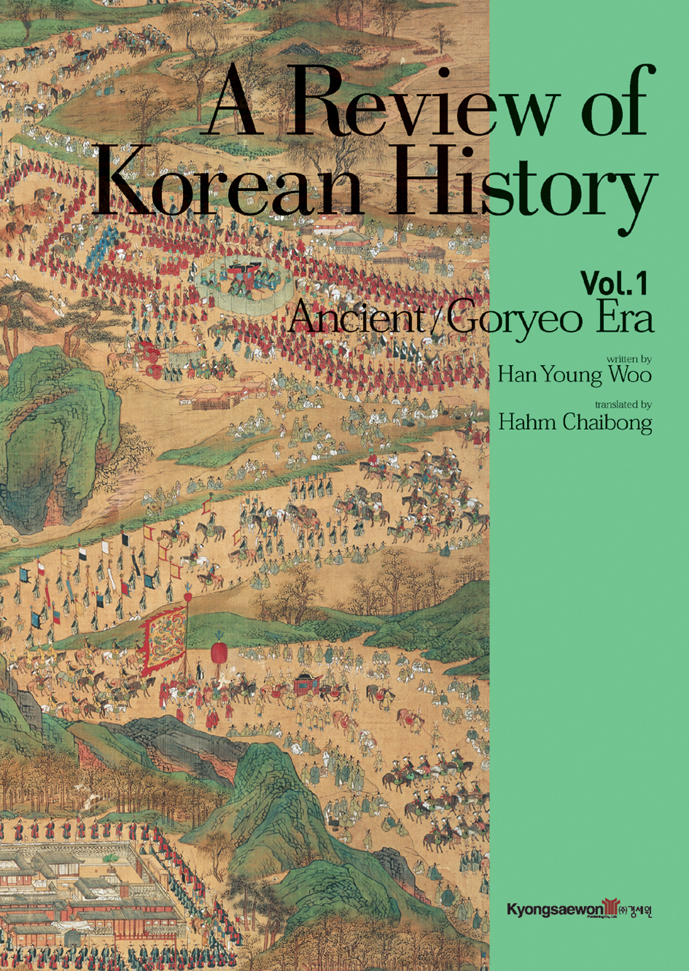 So I’ve been feeling extremely “retro” in that I’m about 80% finished with a book that I’ve been pursuing in essentially linear, front-to-back fashion. I can’t even say why I’ve managed it. It’s just working out that way. The book is A Review of Korean History, Vol. 1: Ancient / Goryeo Era. It’s badly translated, and there are parts where the nationalist “Korea-can-do-no-wrong” subtext is annoying, but I think that’s part of why I like it, too – the Konglishy syntax and “view-from-inside” perspective means the book reads like a particularly ambitious essay from one of my sincere-yet-naive middle-schoolers.
So I’ve been feeling extremely “retro” in that I’m about 80% finished with a book that I’ve been pursuing in essentially linear, front-to-back fashion. I can’t even say why I’ve managed it. It’s just working out that way. The book is A Review of Korean History, Vol. 1: Ancient / Goryeo Era. It’s badly translated, and there are parts where the nationalist “Korea-can-do-no-wrong” subtext is annoying, but I think that’s part of why I like it, too – the Konglishy syntax and “view-from-inside” perspective means the book reads like a particularly ambitious essay from one of my sincere-yet-naive middle-schoolers.
Anyway, I’m mentioning it because of a passage that, unexpectedly, made me laugh. I’ll quote: “Cheok Jungyeong abruptly changed sides and banded with other subjects such as Kim Hyang, Yi Gongsu, and Jeong Jisang to arrest Yi Jagyeom and send him off to exile in Yeonggwang in 1127. This proved to be the end of the Inju Yi clan that had been at the center of power for some seven generations.”
I laughed, of course, because of the phrase I put in bold, above. I had a year of exile in Yeonggwang, myself. It seems that even 1000 years ago, Yeonggwang was a backwater, exile kind of place. That seemed funny, to me. I could just imagine poor Yi Jagyeom, former prime minister to the Goryeo king, coping with a dumpy Yeonggwang apartment and being forced to eat Gulbi every day and growing tired of it. I mean, I’m sure it wasn’t like that – but that’s what I visualized. And it makes me think it might make for a funny episode in my never-to-be-completed (erm, always-in-fact-barely-started) novelization of my year in Yeonggwang.
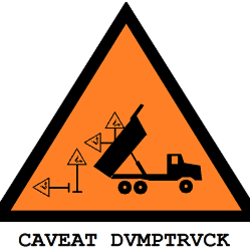
명의 가면에 감췄던 살의 가득한 질시




